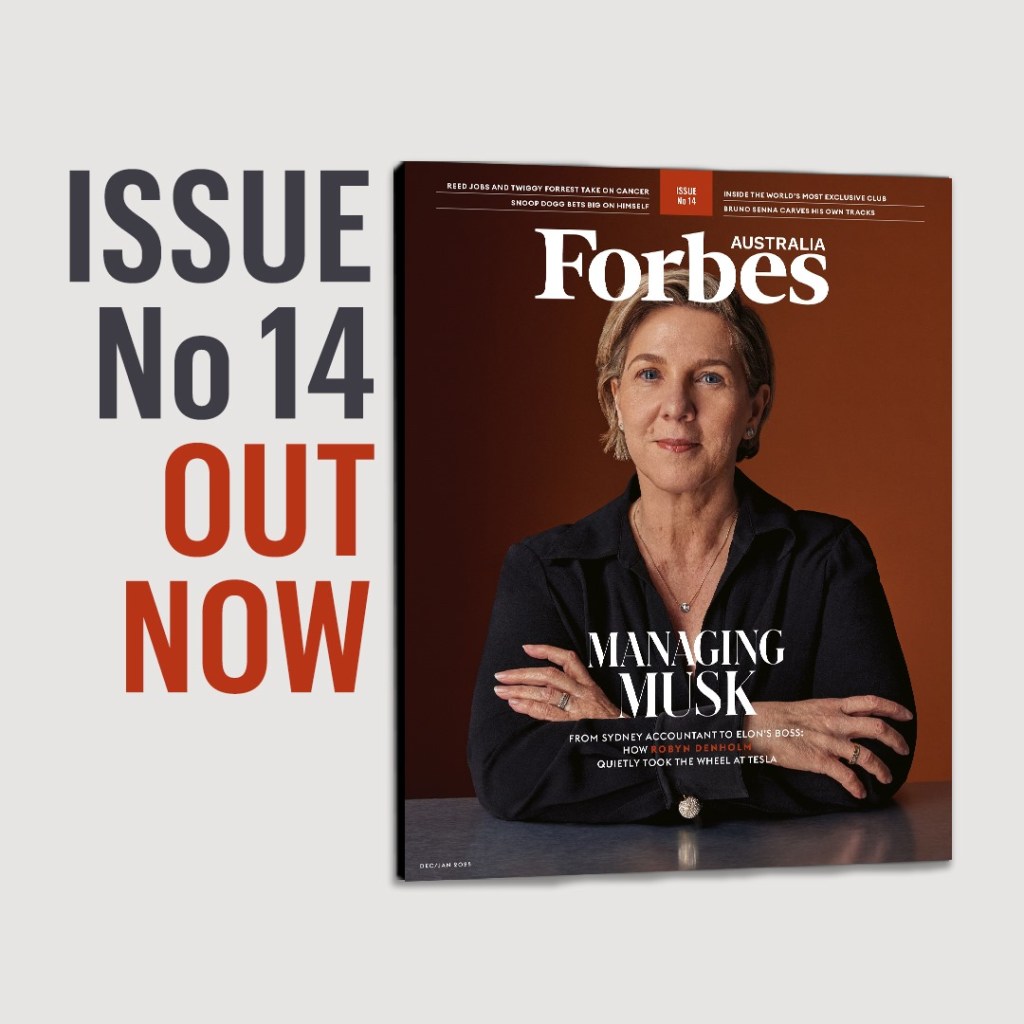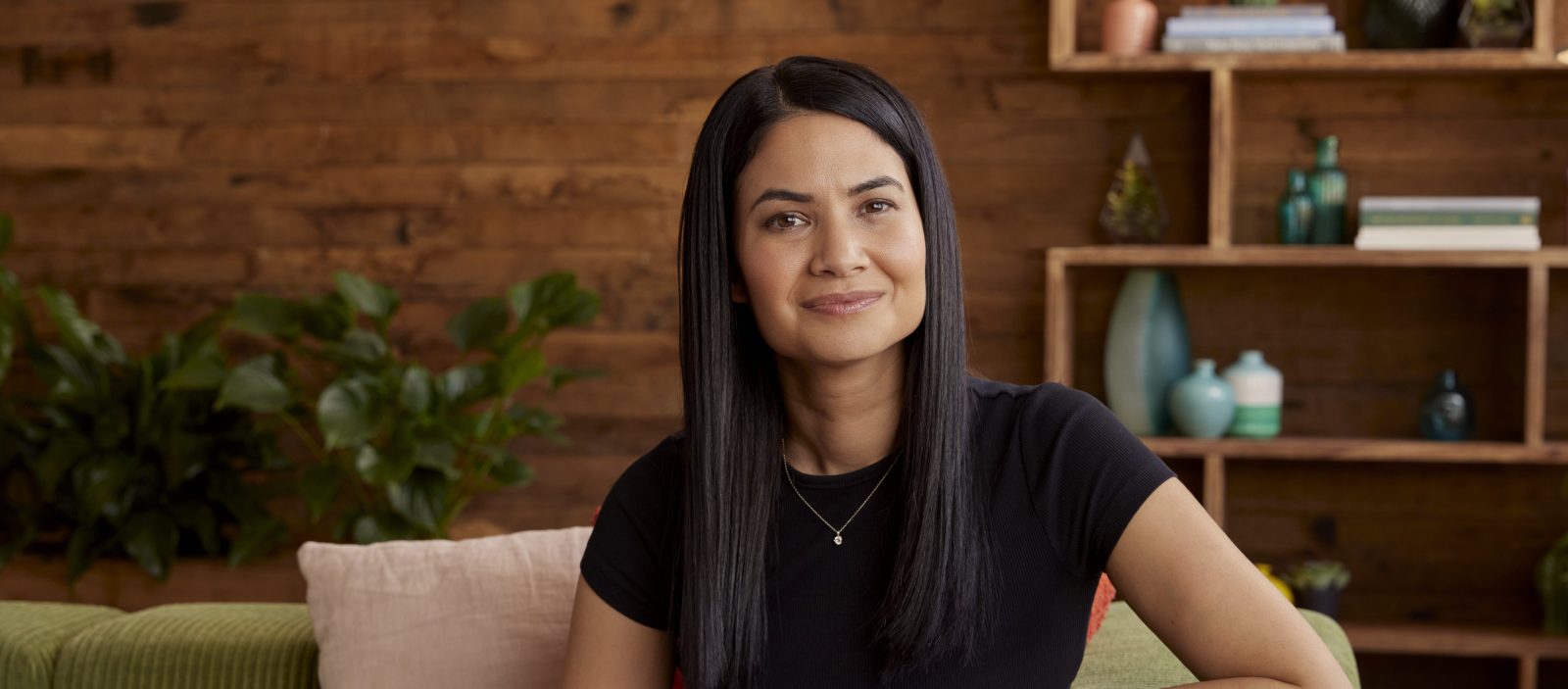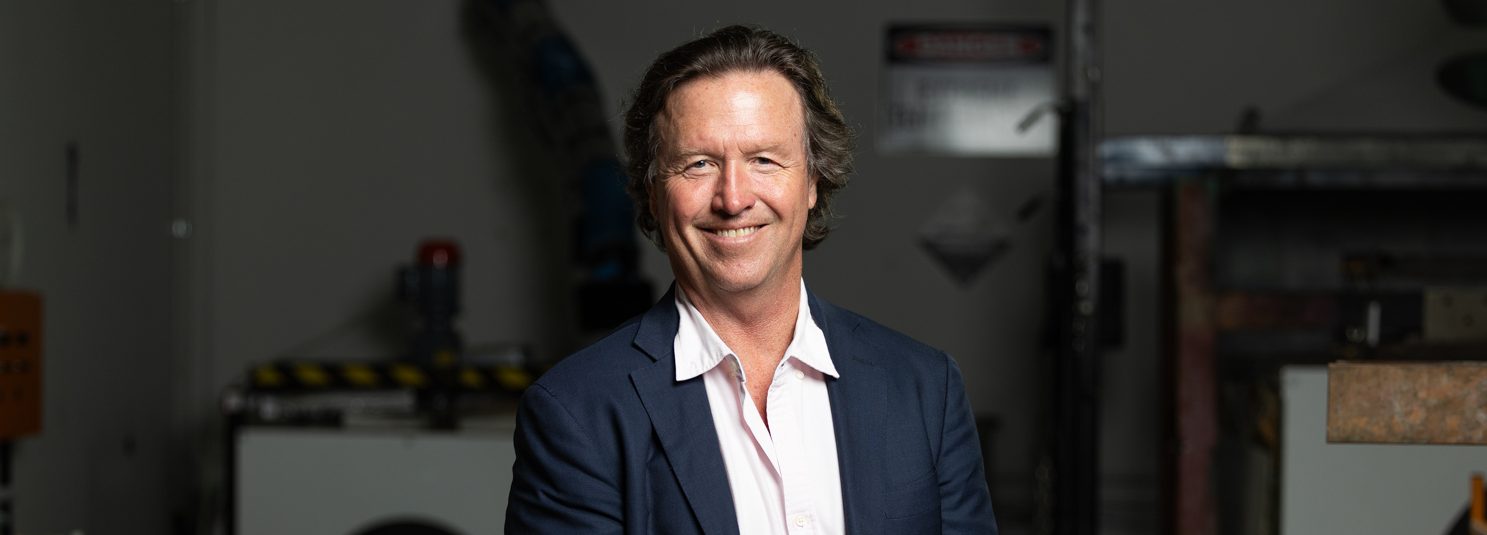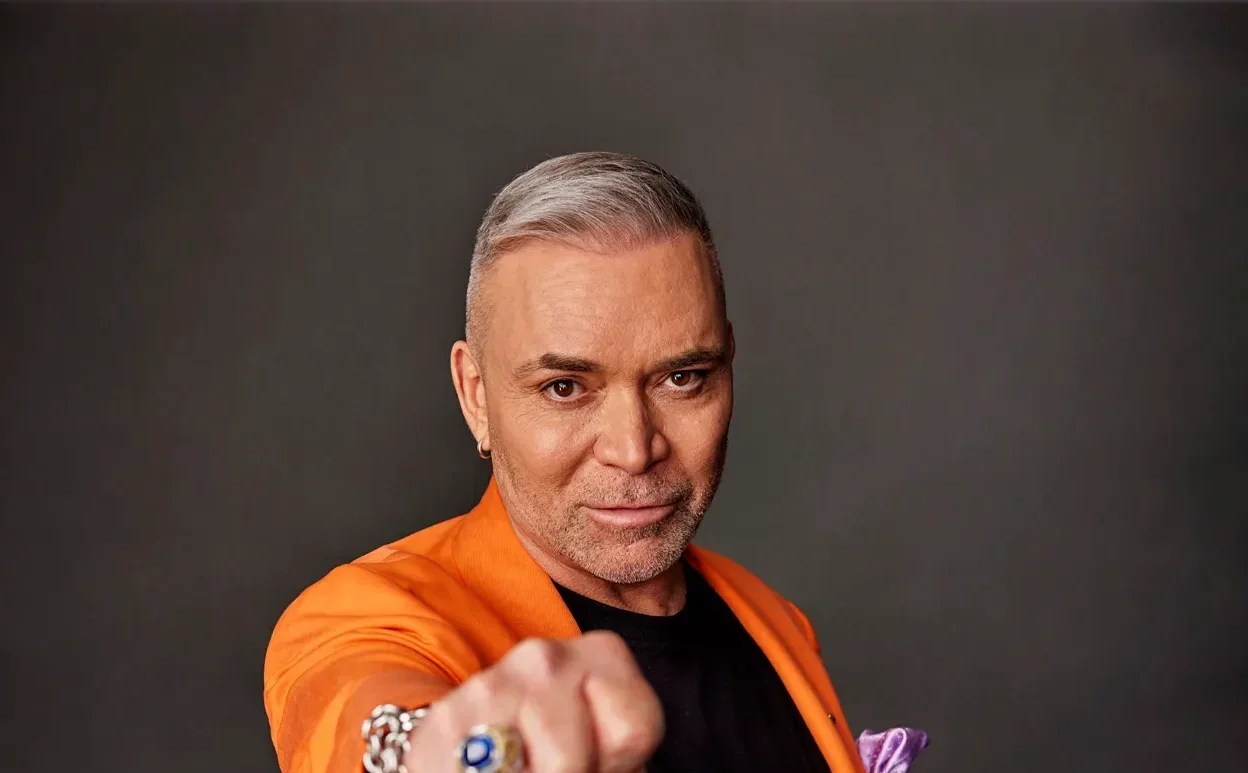The son of renowned Apple founder Steve Jobs, who succumbed to pancreatic cancer, was in Australia recently looking for cancer researchers and start-ups to back.
This story featured in Issue 14 of Forbes Australia, out now . Tap here to secure your copy.
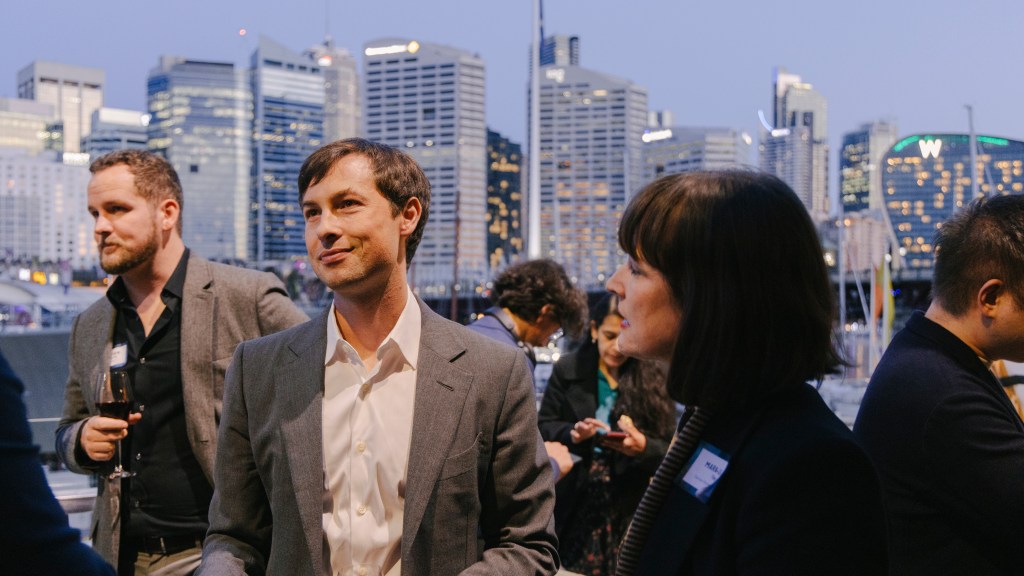
Reed Jobs has founded a cancer fighting venture fund, Yosemite, which has raised more than $300 million. And he’s looking for places to spend it.
One of the largest investors in Yosemite is Nicola and Andrew Forrest’s health venture company, Tenmile.
Between being ferried around by Tenmile to meet people in the local cancer scene, Jobs spoke at SXSW Sydney, where he said that as much as he’d love a single cancer therapy, he didn’t think it likely. “What’s probably going to happen is a cancer-by-cancer type growth over time that you’re really going to see those cancers quite diminished.
“Biotech, and particularly cancer, has had a lot of people claiming that they’re going to cure it for a long time. And that’s often associated with sleazy salespeople and snake oil merchants. We think you lose a huge amount of credibility when you make these outrageous claims in biomedicine.”
Yosemite grew out of the Emerson Collective, a family office hybridised between philanthropy and profit founded by Jobs’ mother, Laurene Powell Jobs, in 2011, and into which she poured billions after the 2011 death of her husband and Reed’s father, Steve.
They’d been making donations in the cancer space for years, but Reed says he felt he could do more with venture capital, so he went out and convinced a bunch of investors to come into Yosemite as a standalone, for-profit cancer venture fund.
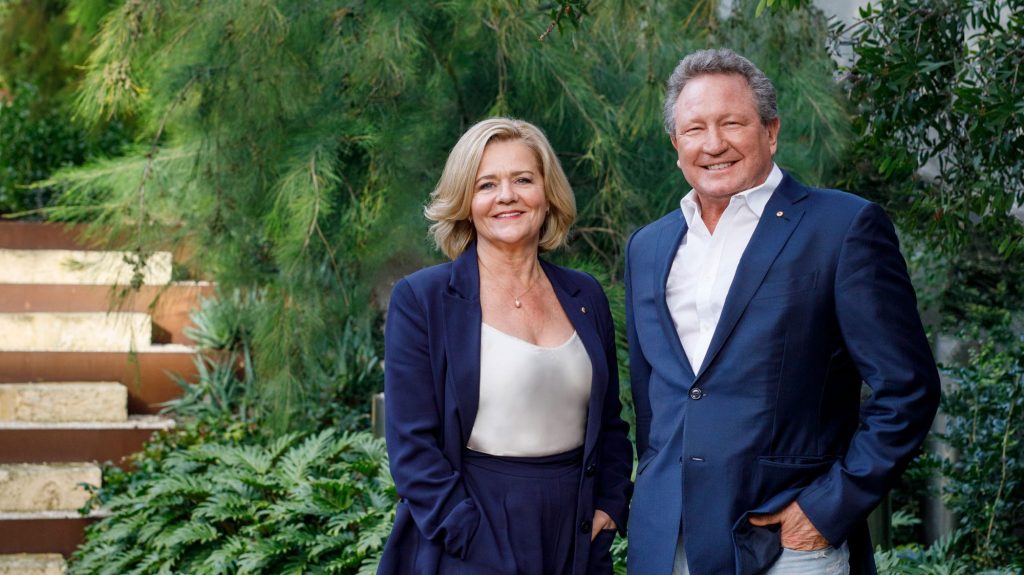
The Forrests, now separated and whose estimated $23 billion fortune derives from their interest in Fortescue Metals Group, had put $250 million into Tenmile in 2022.
Tenmile’s largest investment to date has been into Jobs’ Yosemite, says Tenmile managing director Steve Burnell, who was responsible for bringing Jobs to Australia to get the Yosemite team thinking about how they might deploy some of that capital on Australian cancer research.
The Forrest’s Tenmile investments
| Investment | Sector | Focus |
|---|---|---|
| Yosemite | Health-Tech | Tenmile’s largest single investment |
| Tin Alley Ventures | Venture Fund | University of Melbourne partnership |
| Rock Health | Venture Fund | US digital health leader |
| Aravax | Biotech | Allergy therapies |
| Carina Biotech | Oncology | CAR-T cancer therapies |
| Curvebeam AI | Medical Devices | Orthopaedic imaging |
| Emyria | Mental Health | Clinical solutions for mental health |
| Inventia | Drug Discovery | 3D bioprinting tools |
| Limmatech Biologics | Vaccines | Combatting antimicrobial resistance |
The Forrests have known Jobs and his mother for a long time, says Jobs. “We’ve worked with them for many years,” he tells Forbes Australia. “We’ve co-invested with them in companies and actually with researchers.”
Jobs would love to name the companies, he says, looking around at his advisers who are shaking their heads, but he’s not in a position to do so.
Tenmile managing director Steve Burnell got to know Reed Jobs through Burnell’s work in the Bay area for Roche/Genentech a decade ago. When Burnell returned to Australia to work for the Forrests’ Minderoo Foundation, he found that the Forrests were already collaborating with Reed Jobs from the philanthropy side.
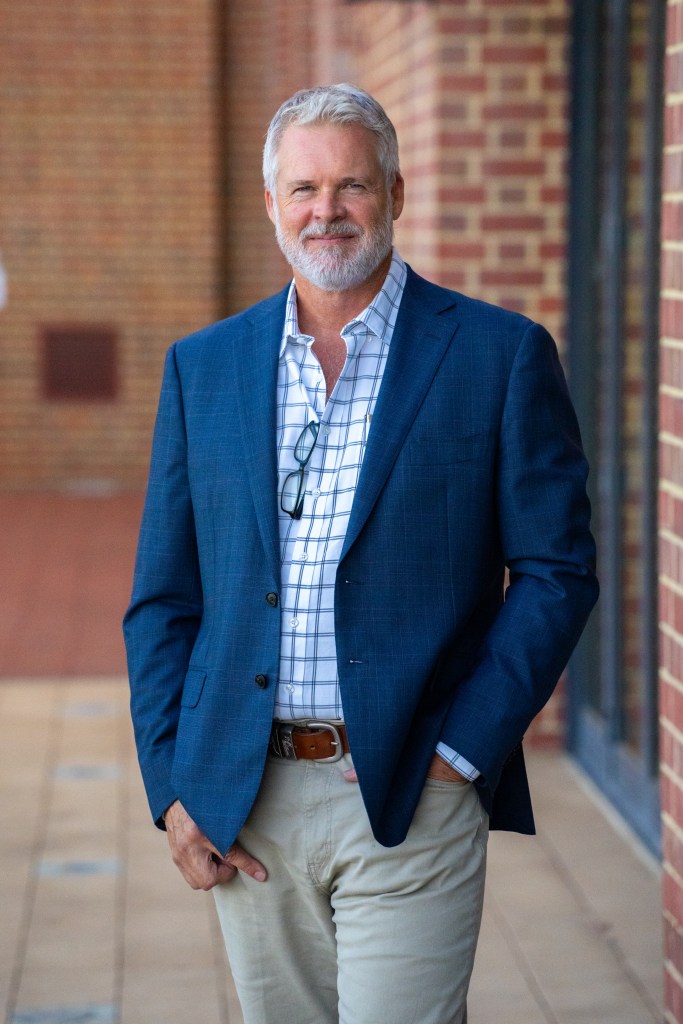
So, it was obvious for them to team up on the venture side.
“And I just have huge, huge respect for him. Love him dearly,” says Burnell. “He’s got the back story, which everyone I think understands, but he is an incredibly bright guy. His ability to go deep and learn the science has just been incredible. He surrounded himself with a really strong team of young people who constantly impress me with their ability to identify, research, and their courage to form companies.
Burnell says people often underestimate Jobs, suspecting he is “piggybacking on the name”. “And then they hear him talk about oncology, and it doesn’t take you long to realise he not only speaks the lingo but also understands the field.”
Jobs says he was impressed by the Garvan and Peter MacCallum cancer institutes on his visit “and, frankly, just how energised the ecosystem is around biotech. That was just really new and not what we were anticipating.”
Jobs described it as the “springtime for biotech” in Australia. “We saw a lot of early companies, but the thing that struck us the most was that we were seeing companies that we normally see in Boston or San Diego, and it was probably not as voluminous, but the quality was the same. So, where you can extrapolate that going, if the number of companies really increases in the next, say, five, ten years, you’re going to have a couple of runaway winners. And that’s all you need to get an ecosystem started. It feels like we’re at the beginning of something.”
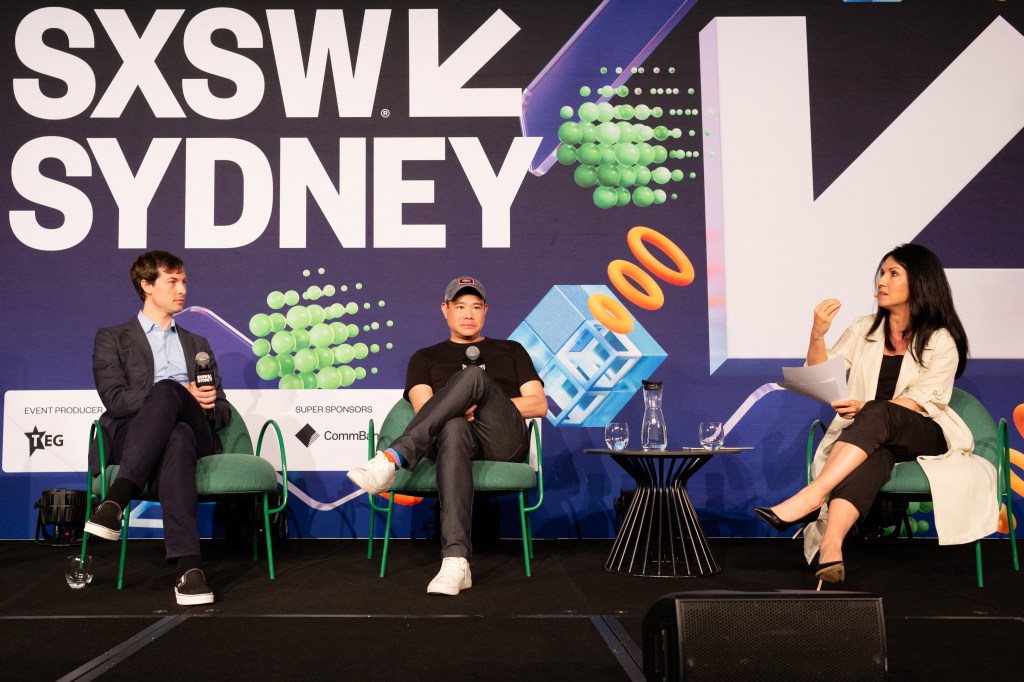
Asked if the lack of investment capital in Australia made such companies cheaper to get into than their US equivalents, Jobs agreed. Yosemite analyst John Ainslie, who accompanied Jobs to Australia, chimed in: “Number one, the research is incredibly high quality, as is the infrastructure. Then, to your point, you know, the pricing is quite reasonable. And that kind of makes it more compelling in our regard.
“Also, the government has intentionally created many incentives for biotech companies and researchers around the world to come to Australia, both on the early side, with the R&D tax incentives, and specifically for early first-in-human phase-one research. We’ve seen a lot of companies that we work with start to see Australia as the place to go-to for early human research trials. And the fantastic quality of life, both in Sydney and Melbourne, really can’t be understated either.”
Yosemite has put aside 2.5% of its capital for no-strings-attached grants to researchers, with a view to being in on the ground if their research comes to anything.
Reed Jobs says he was impressed by the culture of Australian researchers. “We just saw a lot of people hungry for great companies, and we love working with people like that. At Yosemite, we have a long-term, science-nurturing focus on building companies. We love to work with great academics and universities, help them de-risk assets, and then be their first call when they want to commercialise and scale it into people as quickly as possible.

“That’s what we’re really good at. We’ve done this at over 20 universities across the world, mainly in the US but also in Europe. We haven’t yet done it in Australia, so this was our first scouting trip to visit places like the Garvan and Peter Mac to see if they would be, frankly, mature enough to be included in our next-stage grant cycles and then company cycles. And they absolutely were.”
Jobs emphasised that the grants were purely philanthropic. “This gives us access and information, but we have to earn our place as the best venture partner for them. And if they choose someone else, that’s because we did not earn it, and that is on us.”
Asked to what extent his father’s death has driven Yosemite and its goals, he paused momentarily: “Four million per cent.”
Will this be his life’s work?
“Will be for as long as it takes.”
How long might that be?
“Our motto is to make it non-lethal in our lifetime. It might be a while.”
What caught Reed Jobs’ eye in Australia
- Advancell: “They’re pioneering lead-based radiopharmaceuticals – initially going after prostate cancer. Lead is emerging as one of the compelling isotopes to conjugate to radiopharmaceuticals to essentially obliterate tumors.
- “They’re the type of company we like to see,” says Jobs.
- Opto Biosystems has invented a new class of implantable device that can measure and disrupt electric fields within the body. Yosemite is interested in its brain-computer interface for glioblastomas, the most common and most deadly of brain cancers.
- OncoRes: “We came across them before, but I wasn’t aware they were based in Australia [Perth].” They do tumour margin analysis in surgery. When a cancer is removed by surgery, they have tools to see if any of the tumour has been left behind. “That’s an area we’ve been interested in, and it was great meeting the founder.”
- Tune Therapeutics Yosemite has already invested in the American epigenome editing company with its “first-in-class” drug that “targets and silences” viral genes without cutting or damaging DNA. Tune has already shown that a single dose of its Tune-401 has had long-lasting effects in mice and monkeys.
More from Forbes
